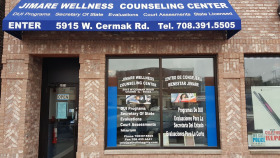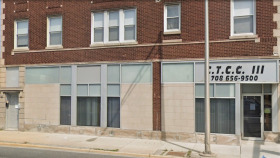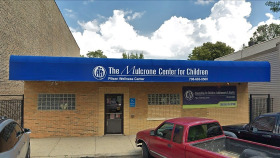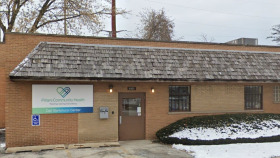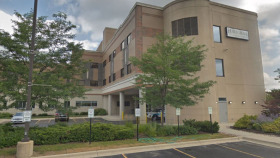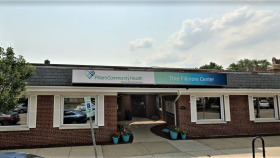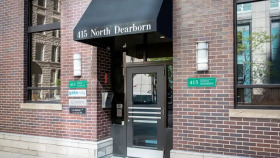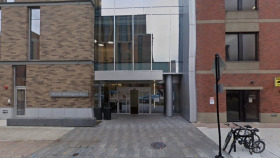Alcohol and Drug Use Statistics in Cicero, IL
- Cook County experienced a 4.25 fatal overdose rate in 2021.2
- In 2021, there were 2,179 fatal overdoses caused by heroin and other opioids in Cook County.2
- In 2021, the 55 to 64-year-old age bracket experienced the most non-fatal heroin overdoses in Cook County (3016 overdoses).2
- 1,451,444 opioid prescriptions were written in Cook County in 2018.2
- From Jan-Aug 2022, there were 9,017 opioid overdose emergency department cases in Cook County.2
- Males in Cook County were 3.7x more likely to experience a non-fatal heroin overdose than women in 2021.2
- There were at least 25 drug overdose deaths in Cicero in 2021.1
- Cook County supplies 40 suburban police departments with naloxone, and the drug has been administered at least 137 times by officers responding to overdoses.1
Resources
- As opioid overdose deaths hit new record, pressure grows for safe places to inject drugs in Chicago. (2022, January 18). NBC Chicago. https://www.nbcchicago.com/news/local/as-opioid-overdose-deaths-hit-new-record-pressure-grows-for-safe-places-to-inject-drugs-in-chicago/2730602/
- Opioid data dashboard. (n.d.). Retrieved December 14, 2022, from https://idph.illinois.gov/OpioidDataDashboard/


